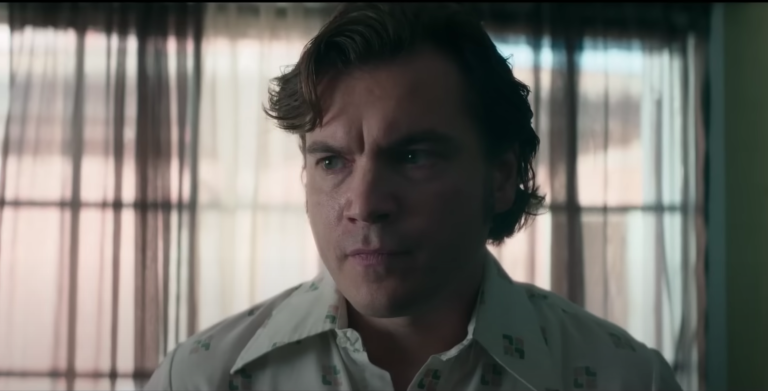A satirist whose entire sense of humor seems directly proportional to the frequency with which his characters can toss out the word “cock,” Radu Jude has quickly leveraged that abrasive attitude to become one of Romania’s most discussed cinematic exports out in the West. It only seems right, then, that Jude would be the headstrong artist determined to create the seminal film adaptation of one of his country’s defining, almost mythic figures, hitherto defined entirely by his depictions in Western cinema.
Now, in the same year that we’ve gotten a rigorously faithful (read: unfathomably dull) adaptation of “Frankenstein” courtesy of Hollywood’s most palatable maximalist, the prospect of a wholly home-grown “Dracula” from a filmmaker as uncompromising as Jude should read like a breath of fresh air. And sure enough, Jude’s aggressive approach comes to bear in his offering’s impressive ability to emulate its subject’s lifelessness, consequently providing, like its subject, a grand total of zero redeeming qualities.
It shouldn’t be too hard to parse out a plot that Bram Stoker had left laid out rather plainly for well over a century now, but in reconciling the popularity of Stoker’s most revered creation with the historical reference-point of the Romanian historical figure of Vlad the Impaler that inspired it, Jude’s cinematic (truly testing the elasticity of that adjective here) interpretation becomes more about the very act of making a “Dracula” film than retelling the story itself.
This doesn’t, however, indicate a straightforward “making-of” narrative on the set of a disastrous “Dracula” production. Rather, Jude uses this framework to interrogate Romania’s entire film industry and its resultant chase towards lowest-common-denominator audience approval, all undertaken in a series of diverging attempts to chase the most alluring trail of blood. And dammit, if that means caking his three-hour comedy of genital worship with ceaseless AI shortcuts, then it’s all worth it in the pursuit of Jude’s elusive aesthetic truth.
Only… is it, though? Entertaining the (perfectly valid but dubiously acceptable) argument that “Dracula” exists entirely for the purposes of lambasting Romanian popular filmmaking customs—no, you don’t need to tap the “Cristian Mungiu isn’t representative of popular Romanian filmgoing habits” sign—how much is truly gained from simply recreating such an unwatchable experience when the entire commentary seems to boil down to “Isn’t this directionless hack job a directionless hack job?” In one scene, Jude himself appears in the background as a man who simply stands around and points his iPhone aimlessly, and little in the film surrounding that scene would indicate that he even knew the camera was pointed at him.
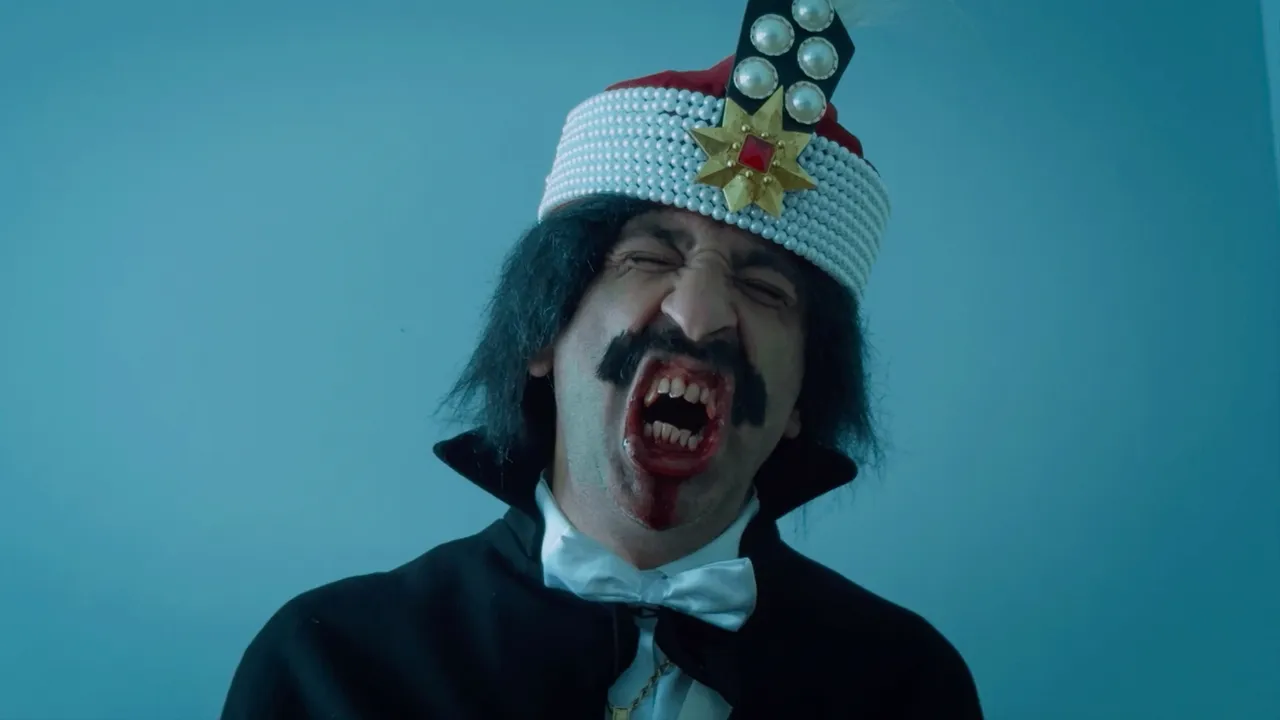
Jude’s use of generative AI at virtually every juncture is perfectly emblematic of this “ends vs means” query. Sure, a popular audience might wave away—might embrace, even—the prospect of prompt-based eyesore slop, but at the end of the day, your commentary on the devolution of art and its value is still actively contributing to that precipitous drop.
You can certainly make jokes about the dangerous vacuity of AI, but not only is it possible to make these observations *without* succumbing to the very evil you’re ostensibly repelling, but it would probably be funnier and more impressive to make the human effort to emulate that soullessness, rather than embracing the inverse trajectory. (Quentin Dupieux, though he didn’t quite succeed in “The Second Act,” can at least claim to have genuinely tried.)
In any other film, such flagrant use of symbolically (and literally) self-centered and destructive materials would be the absolute worst slight against it. For “Dracula,” the generative muck merely acts as the generous portion of sprinkles atop this entirely laugh-free, painfully ugly shit sundae. (Never in all my years of film festival-going have I encountered an introduction that amounted to, in so many words, “The movie you’re about to watch kinda looks like complete garbage.” Kudos to you, honest programmer!)
Sometimes, in the immortal words of one Todd in the Shadows, “bad” is defined by the absence of “good,” and in a project so gleefully devoid of anything resembling the essence of effort, Radu Jude’s testament to the soul-sucking callousness of Romania’s most famous export (besides himself, at this rate) lives up to its every cocksure (emphasis, as always, on the “cock”) goal to meet a moment defined by transparent disdain for the very realm—be it artistic or geographic—he calls home.

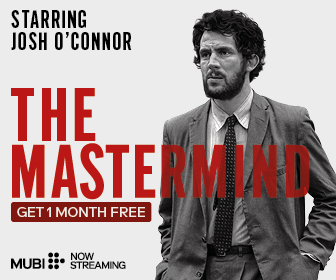



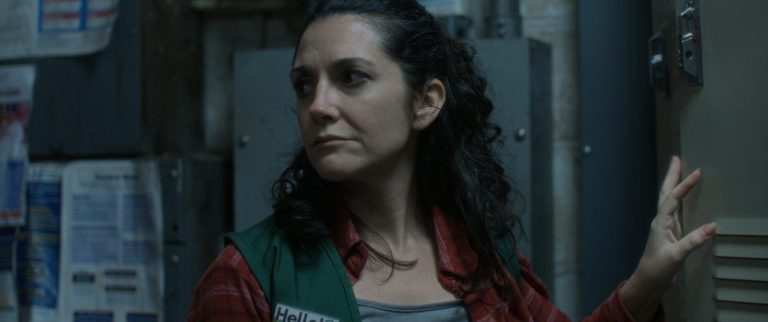
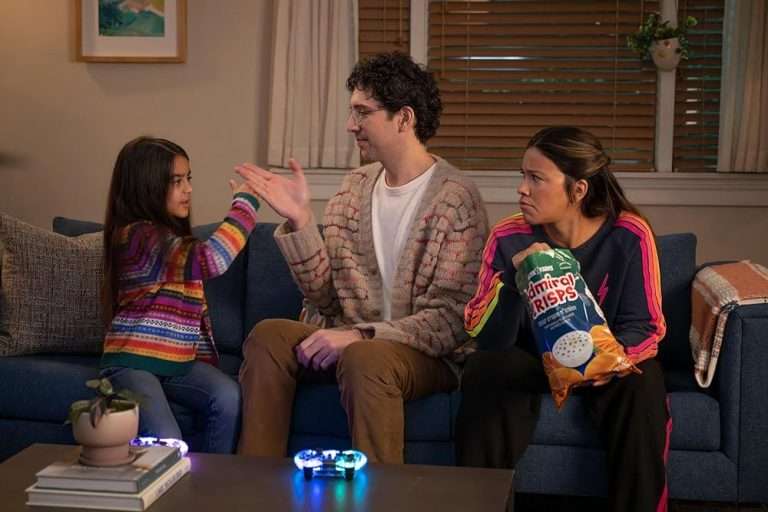
![Madres [2021] Review: A Half-baked Political Horror Film that Misses more than it Hits](https://79468c92.delivery.rocketcdn.me/wp-content/uploads/2021/10/Madres-2021-Movie-Review-3-768x432.jpg)
![House of Secrets [2021] ‘Netflix’ Review: Case Analysis Beyond the News Headlines](https://79468c92.delivery.rocketcdn.me/wp-content/uploads/2021/10/House-of-Secrets-768x363.png)
